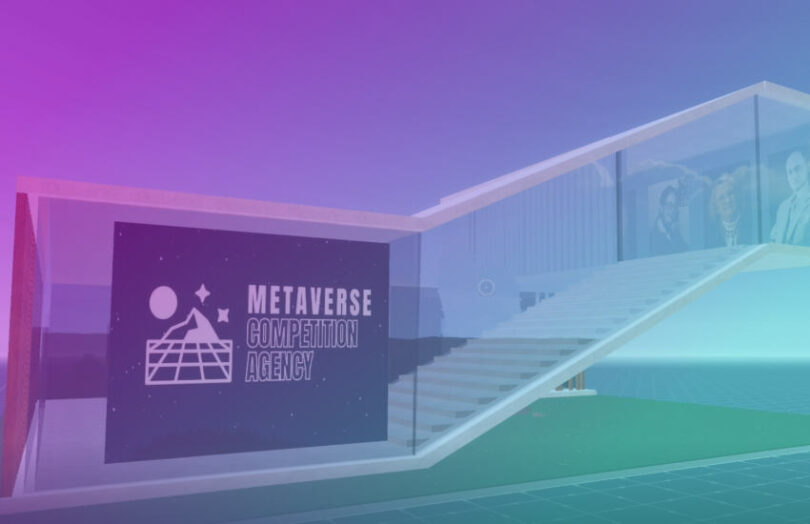Today sees the unveiling of the ‘Metaverse Competition Agency‘ (MCA) by four academics, two of whom specialize in antitrust law. One of them is Thibault Schrepel who wrote the book, “Blockchain + Antitrust”. The organization’s work will start in Decentraland, but it plans to expand into multiple virtual worlds.
They aim to monitor innovation as the metaverse develops and explore competition issues in this greenfield space. “The MCA studies how economic competition emerges, evolves, and ends,” says the agency in a whitepaper.
One of the key appeals is as a “clean sheet experiment” where they can “study economic competition unencumbered by any baggage from the past.”
Antitrust enforcement without governments?
In the real world, antitrust agencies are run by governments from the top down. But this new agency intends to work in reverse and will explore topics with results driven by community votes. Unsurprisingly given the backgrounds of the founders, the organization is non-profit and academically focused.
If it has no links to governments, how will it work? Where competition issues are observed, it intends to propose strategies to address them. Although it also aims to cooperate with real world competition agencies.
Here’s a question: for a decentralized ecosystem like Decentraland, which real world antitrust agency might have jurisdiction? Is it none, one or multiple agencies?
This was the answer from the MCA: “All agencies would, on paper, have jurisdiction as the criteria is commerce being affected on their territory. But in practice, we believe they will face what Barlow mentioned in his Declaration of Independence: the absence of choke points will create enforcement issues.”
“To this end, we want to build consensus and propose votes to modify rules using decentralized means (as explained in our White Paper). Agencies from the natural world could also do so, but we believe their proposals would get systematically rejected because they are centralized agencies.”
Apart from coming up with remedial strategies to address competition issues, the MCA also plans to publish a number of case studies on its website.
The dimensions of competition
Within the metaverse, competition can work across several dimensions. The most obvious is competition between ecosystems such as Decentraland, The Sandbox or Roblox, and the new agency will explore both centralized and decentralized virtual worlds. Another aspect is the behavior of organizations within each of the ecosystems.
Interoperable avatar systems are interesting because they could present competition issues that transcend the entire metaverse.
The MCA is looking for fellow collaborators with roles including analysts who write case studies and inspectors looking for anti-competitive practices. The really important question is whether their avatar comes with an inspector’s badge.
The founding presidents are Nicolas Petit, Thibault Schrepel, David Teece and Bowman Heiden.






